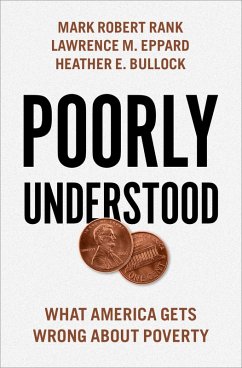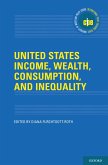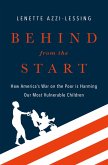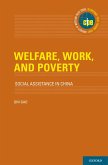What if the idealized image of American society?a land of opportunity that will reward hard work with economic success?is completely wrong? Few topics have as many myths, stereotypes, and misperceptions surrounding them as that of poverty in America. The poor have been badly misunderstood since the beginnings of the country, with the rhetoric only ratcheting up in recent times. Our current era of fake news, alternative facts, and media partisanship has led to a breeding ground for all types of myths and misinformation to gain traction and legitimacy.
Poorly Understood is the first book to systematically address and confront many of the most widespread myths pertaining to poverty. Mark Robert Rank, Lawrence M. Eppard, and Heather E. Bullock powerfully demonstrate that the realities of poverty are much different than the myths; indeed in many ways they are more disturbing. The idealized image of American society is one of abundant opportunities, with hard work being rewarded by economic prosperity. But what if this picture is wrong? What if poverty is an experience that touches the majority of Americans? What if hard work does not necessarily lead to economic well-being? What if the reasons for poverty are largely beyond the control of individuals? And if all of the evidence necessary to disprove these myths has been readily available for years, why do they remain so stubbornly pervasive? These are much more disturbing realities to consider because they call into question the very core of America's identity. Armed with the latest research,
Poorly Understood not only challenges the myths of poverty and inequality, but it explains why these myths continue to exist, providing an innovative blueprint for how the nation can move forward to effectively alleviate American poverty.
Dieser Download kann aus rechtlichen Gründen nur mit Rechnungsadresse in A, B, BG, CY, CZ, D, DK, EW, E, FIN, F, GR, HR, H, IRL, I, LT, L, LR, M, NL, PL, P, R, S, SLO, SK ausgeliefert werden.
Hinweis: Dieser Artikel kann nur an eine deutsche Lieferadresse ausgeliefert werden.









